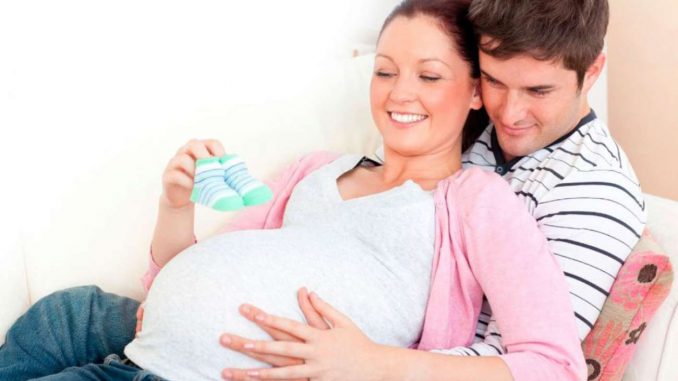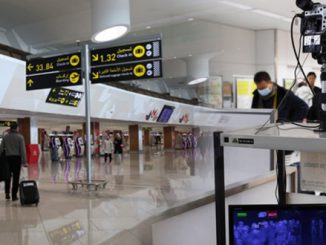
The Office of the United Nations High Commissioner for Refugees (UNHCR) has pointed out that the fact that women are heavily involved in health and care-related jobs exposes them to high levels of exposure to Covid-19 infection. Indeed, women account for 58 per cent of medical professionals and 67 per cent of nurses and technicians.
In a statement on the occasion of this year’s celebration of World Population Day, organized around the theme “Protecting the rights and health of women and girls from Covid-19”, the HCP said that women’s access to health services had been reduced during the confinement and post-confinement period. While efforts have focused on limiting the spread of the virus, access to basic services such as reproductive health services have been disrupted. Families whose members included women needing medical consultations before and after childbirth, 30 per cent of them had given up these services. Among families concerned with reproductive health, 34% could not access such services, according to the HCP statement.
With regard to data on the health and psychological risks to which women are exposed in the light of the results of a family survey conducted last April, the Coronavirus crisis has increased the vulnerability of members of female-headed households. This is also true in terms of access to health care. Approximately 47.5% of all female-headed households with a member suffering from temporary illnesses did not have access to health services, compared to 37.9% of male-headed households.
The same statement pointed out that women and men are not exposed to the psychological effects of Covid-19 in the same way. Indeed, while the main manifestations of the psychological impact of Covid-19 are sleep disorders, anxiety, fear and obsessive behavior, women are more affected than men by these disorders. Thus, 26% of women are affected by sleep disorders, compared to 23% of men. The same difference is confirmed for anxiety (51% vs. 49%) and depression (9% vs. 6%).
]




Be the first to comment